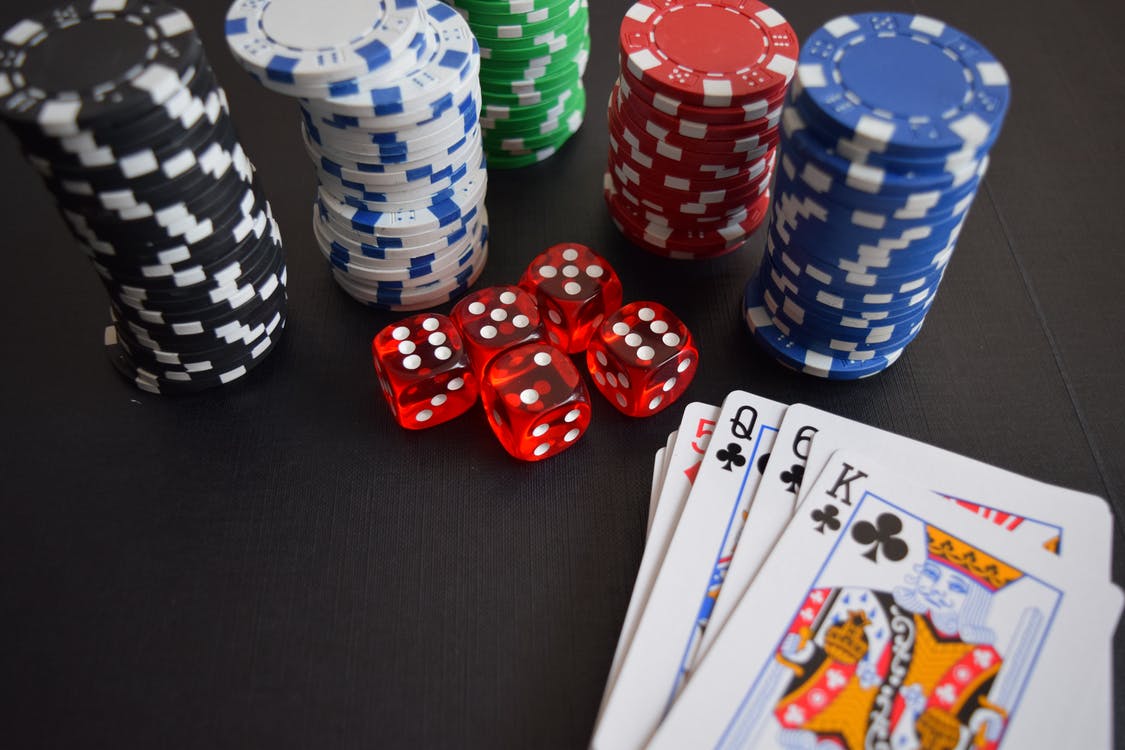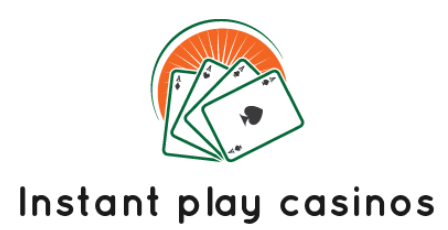Online poker has become an extremely popular game among people who enjoy playing games online. It’s also becoming increasingly popular because there are so many different types of tournaments and events that players can participate in.
If you’re looking to learn how to play online poker like a pro, then you’ve come to the right place. Below, we are going to teach you how to play online poker like a professional.
How To Play Online Poker Like A Pro: The Basics
The first thing you need to know about playing online poker is that it’s not really gambling. Gambling is when you put your money on something and hope for the best. In poker, however, if you lose, you have to pay up. If you win, you get paid. So, while it may seem like gambling, it’s actually just a form of betting.

When you start out at the tables, you’ll probably be matched with other players based on their skill level. You will be able to see this by looking at the “blinds”. For example, if two players are sitting down at a table, one might have $5-$10 blinds and the other might have $25-$50 blinds. This means that the person with the lower blinds will start with less than the other player.
So, what does this mean? Well, it means that the person with the higher blinds is more skilled than the person with the lower blinds. Of course, you don’t want to go all-in with someone who is obviously better than you. Instead, you should wait until you feel comfortable enough to make a good decision.
Ways to Play Poker
There are three basic ways to play poker. There are Texas Hold’em, Omaha, and Stud. Each type of poker requires slightly different strategies. However, they all involve bluffing, raising, and folding. These are some of the most basic things that you can do at the poker table. But there are plenty of other things that aren’t as easy, such as calling bets, using position, and making raises.
One of the hardest parts about poker is learning when to bluff or raise. Bluffing, or “calling” involves telling your opponent that you will bet or call their bet before you decide to hit them with your own bet. If you were dealt five cards and you had a flush but wanted to bluff or call with only four of those cards, you would have to tell your opponent that you are willing to raise.
By doing this, you are letting him know that you are confident about the strength of your hand, even though you don’t have all five cards yet. Raising involves telling your opponent that you are willing to increase the size of your bet when he raises you.
You may think that you can bluff or raise without worrying too much about whether you are being seen, but this isn’t true. When you bluff or raise, you’re essentially revealing a weakness about yourself, which is something that you shouldn’t be doing if you truly believe that you have a strong hand.
The next step in improving your skills is learning to use position. Position refers to where you sit at the table. The further away from the dealer, you sit, the stronger your hand is compared to the people seated closest to the dealer. For example, if there are ten people at a table, one guy will be closest to the dealer. Another person will be next to him, another three people will be behind him. And the last person will be farthest from the dealer, so his hand will have the least advantage over the others’. This is why you don’t want to fold when you’re near the dealer because you’re allowing your opponents to steal your chips.
Online Poker Tips
Poker is a game of probabilities, but there are some things that you can do to give yourself an edge. Here is a list of tips for you to try:
1. Watch other people play Poker.
Don’t spend all your time watching TV or reading books, but instead put down your book or turn off the television and look over someone else’s shoulder. Find people who seem like they know what they’re doing. Pay attention to how they move around the table and how they act during the hand. See if you can learn anything from their actions.
2. Play video games.
Video games aren’t real gambling, since no money changes hands. Many people actually earn money through video games. That said, these people still feel pressure to perform well. Therefore, you should pay close attention to how other gamers behave. Do they seem tense? Are they nervous? Why do they keep losing certain rounds? These questions are good ones.
3. Learn the rules of Poker.
Once you understand the basics of Poker, you’ll be better equipped to succeed. Learning the rules of Poker will help you avoid common mistakes. Even though the basic strategy for Poker isn’t all that complicated, it still takes a bit of practice before you really master it.
4. Practice on the computer.
Many online casinos offer poker training sites, which let you simulate playing against random opponents. This gives you an excellent chance to hone your skills without putting any actual cash down. Of course, you’ll only get the most realistic results if you play with real money, but this way, you can test different strategies and tactics before spending any cash.
5. Read articles about Poker.
Some experts can teach you lots of information about Poker. There are tons of websites dedicated to helping you learn about the game, including how to read your opponent, how to bluff, etc.
6. Join Poker forums.
These sites let you ask questions and find answers about everything related to Poker. You can also share your own experiences here!
7. Take lessons.
There are plenty of places where you can do that online. Take advantage of that and learn.
